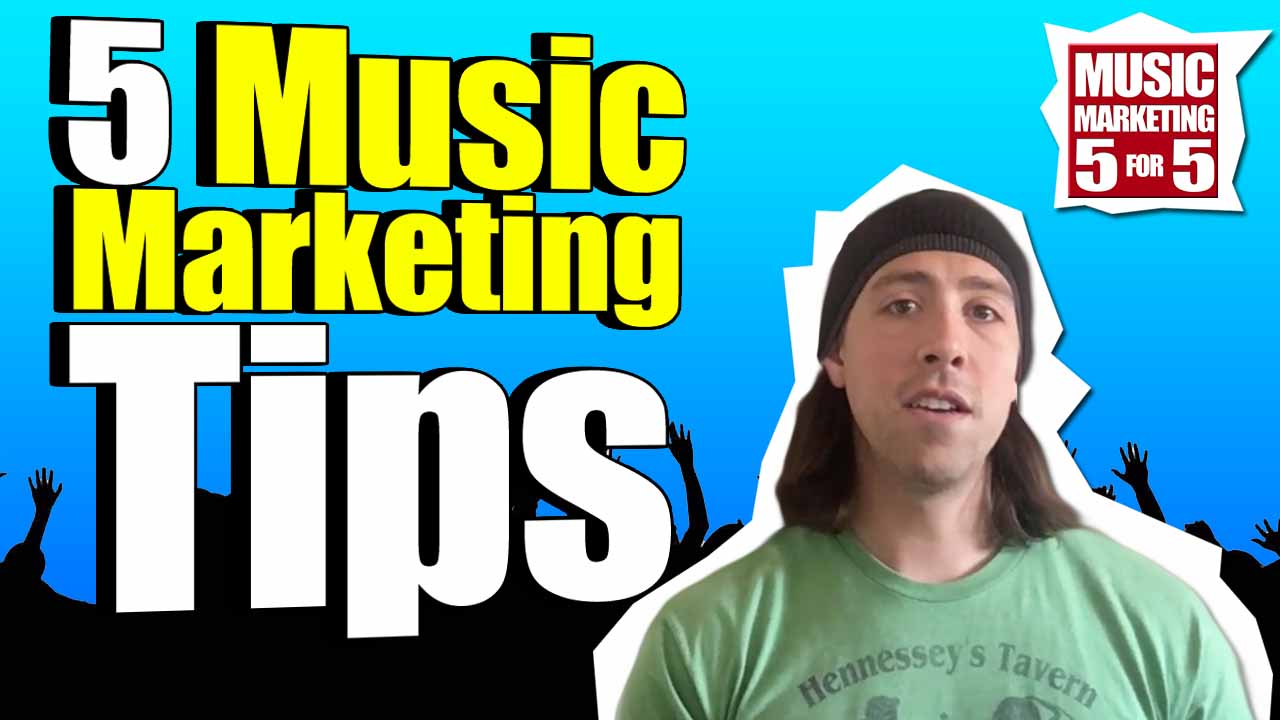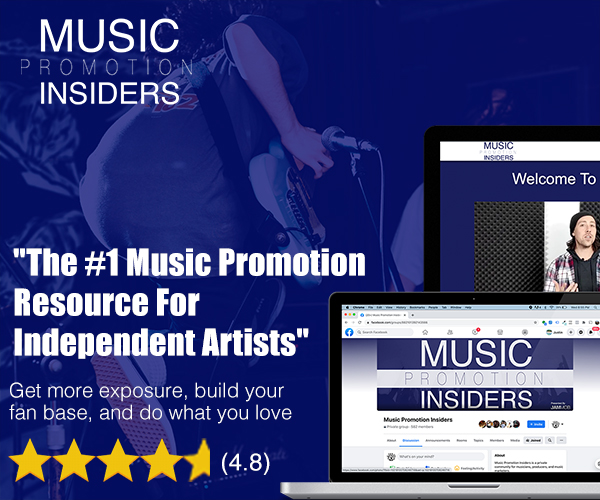Having the right mindset is vital to having success in anything. Getting more exposure and marketing your music is no exception.
The 5 videos below will each address an important idea that will help you in your music career. Each video is only a few minutes long, so you can blast through all five pretty quickly. Be sure to watch them in order, as they build on one another.
Click Here To Watch On YouTube
You Are A Brand. Your Music Is A Product
If you're serious about turning your passion into a career, getting paid to do what you love, and making a living as a musician, you need to start incorporating a little business savvy into what you’re doing.
That DOES NOT mean that you have to create music for the sole purpose of making money or pleasing anyone other than yourself. Making a living as a musician and being creative and passionate about your music are not 2 mutually exclusive things.
With the right strategy, you should be able to create music that you love. THEN find the audience.
1,000 True Fans
This is an idea that was really made popular about 10 years ago in an article written by Kevin Kelly. For those of you who aren’t familiar, Kevin Kelly is a well-known writer and co-founder of Wired magazine.
In his article, appropriately titled 1,000 True Fans, Kevin Kelly addresses the fact the musicians (and other creative professionals) don’t need millions. You don’t need millions of dollars, you don’t need millions of downloads, and you don’t need millions of fans
You can make a good living with just 1,000 true fans.
3 Reasons Why You Do NOT Need A Record Label
First of all, I want to say that signing to a record label can have a lot of great benefits and can really help you become successful. So I don’t want to give the impression that signing to a record label is a bad thing, or that they serve no purpose.
What I do want you to understand is that a record label is not NECESSARY to having success as a recording artist.
The reason that I want to address this issue is that for decades, it was the case that recording artists had to have a record label in order to have any kind of success at all.
There are 3 main reasons why this was the case, which I address in the above video.
Your Fans Are Waiting
With all of the resources available to you now in the digital age, you can easily reach other people that enjoy whatever style of music you create.
Back in the day, the only way really get exposure for a new artist was to spend thousands and thousands of dollars plastering them all over billboards, radio, television, and magazines, and hoping that enough people hop on the bandwagon to make all of that advertising worthwhile.
With the Internet, that’s no longer necessary. You can spend five buck a day on Facebook ads to promote your music ONLY to a very small targeted audience that’s likely to enjoy your music.
The 2 Things You Need To Sell Music
In the late 90’s and early 2000’s the music industry was shaken up pretty bad by something you may have heard of called the Internet.
All of a sudden, it became extremely easy for people to share audio files with each other. Essentially, music became something that consumers could get for free. People no longer had to pay 15 bucks for a full length album, just to get to the one song that they actually wanted to listen to.
All the major record labels started freaking out. Instead of embracing this shift in technology and figuring out how to adapt and build a new business model around the fact that music has become free, they just fired all of their employees and started filling lawsuits against people who were downloading music illegally.
In the meantime, artists like Radiohead and Trent Reznor from NIN actually embraced the fact that music has become free and they figured out a way to release their music for free and actually make MORE money than they would have following the OLD music business model.
Michael Masnick gave a great presentation at Midem in 2009. In this presentation, he made the case that Trent Reznor discovered the new music business model that allows artists to make a lot of money selling music, while also giving it away for free.
The fundamental concept, “connect with fans and give them a reason to buy”
Here's the full presentation:



